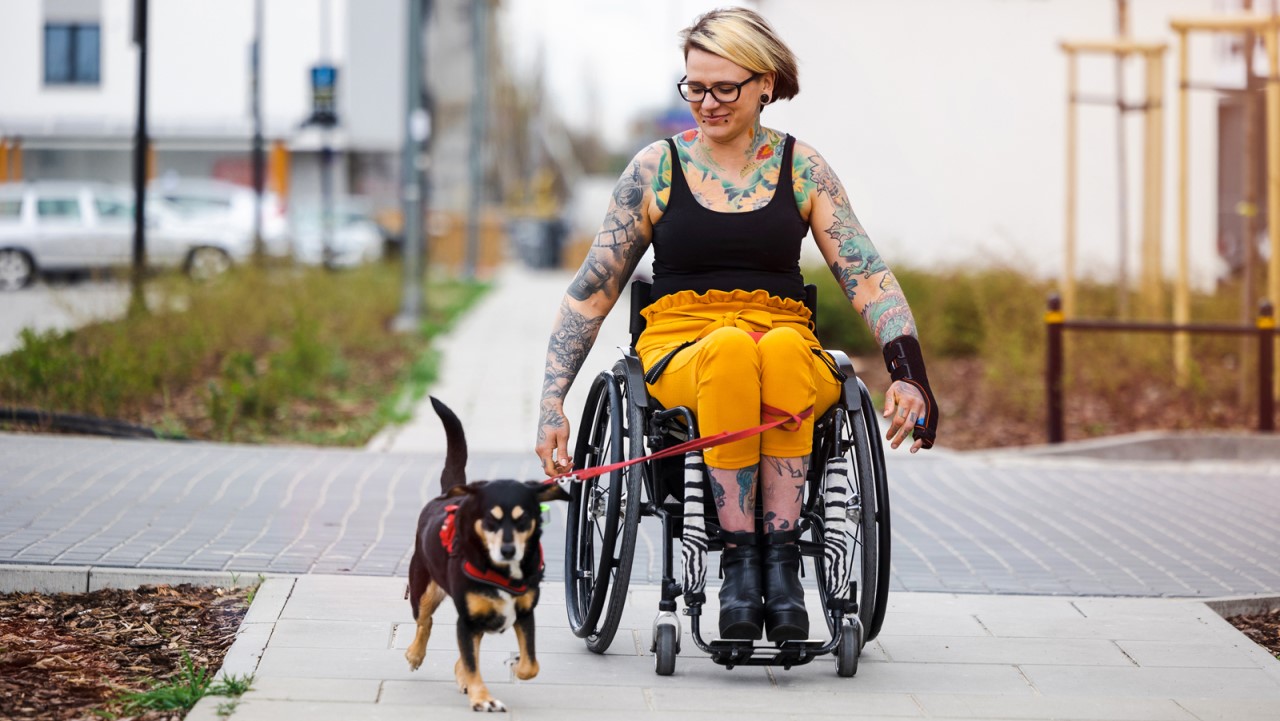
“The voters won’t go for it.” “We just don’t have the money.” “The city has other priorities.” “Maybe next year.” Those of us working in animal welfare have heard it all when it comes to seeking the resources needed to do our jobs. When we ask to fund new programs, a playground, library, sidewalk, or street sweeper often gets priority. Historically, we’ve accepted the “common sense” assumption that the public is not interested in funding much of our work. So, instead, we have bake sales, open thrift stores, and produce heart-wrenching videos. It’s not the most efficient way to fund public services.
However, what if that “common sense” assumption was wrong? What if the public overwhelmingly desired robust, publicly funded animal services programs? According to the Human Animal Support Services (HASS) community values survey preliminary results, we can show that those “what-ifs?” are actually what is.
The HASS project, an international movement working to unite the human and animal welfare approach, recently completed a community values survey (CVS), which polled 2,500 people across nine communities in the United States. The survey was designed by an experienced outside researcher and conducted by a professional market research company. The CVS included a representative cross-section of community members and polled people with and without pets. Every effort was made to gain an accurate understanding of the needs and desires of each community. The work undertaken to ensure precise polling makes the results that much more striking.
So far, the CVS has shown that 61–76% of households own pets. A similar percentage of Americans take advantage of public parks, yet animal services receive a fraction (of a fraction) of the funding that parks receive. When asked if there is a need for additional funding for animal services, 91% of respondents said yes. This result isn’t surprising. Acknowledging a need doesn’t necessarily equate to a willingness to pay. However, when asked how that need should be met, 67% believed the additional funding should come from taxpayer funds, not private donations! And that is without any fancy marketing or messaging campaigns supporting the cause. So, what exactly should those additional funds pay for?
To determine this, we must understand what the community wants and needs from an animal services program. Among respondents who had relinquished a pet in the last three years, 86% wished they could have kept the pet, a result that would have likely been better for everyone involved. The emotional toll of relinquishing a pet weighs on individuals and families; a shelter is not a healthy environment for the pet; and every animal in the shelter carries a significant cost to the government, likely more than the cost to fix whatever led the family to the shelter. The CVS also found that 71% of pet owners wanted but could not afford or could not access care for one or more of their pet’s needs.
The HASS project works to close the gap between what the government currently provides and the community’s unmet needs. Many believe our current punitive and reactive model of “animal control” is ineffective and leaves those we serve without the support system that people and pets require. Thanks to the survey, we now have solid data that shows that the public will support greatly enhanced services, even at the cost of additional tax dollars.
Programs that provide veterinary care and pet food assistance can help preserve families and prevent surrenders. Supporting low-cost spaying and neutering reduces the number of unhoused animals on the streets. Encouraging animal control to focus on reuniting pets and owners and less on writing tickets will reduce pressure on your shelter and help build community bonds.
We’ve known what needs to be done and now know that the people we serve overwhelmingly want us to do it. Animal welfare organizations must work with local political leaders and administrators to push for additional funding and effective policy. City leaders looking for ways to improve the quality of life in their community need to look no further than their animal shelter.

VINCENT MEDLEY is Maddie’s® director of human animal support services. Learn more at humananimalsupportservices.org.
New, Reduced Membership Dues
A new, reduced dues rate is available for CAOs/ACAOs, along with additional discounts for those in smaller communities, has been implemented. Learn more and be sure to join or renew today!
